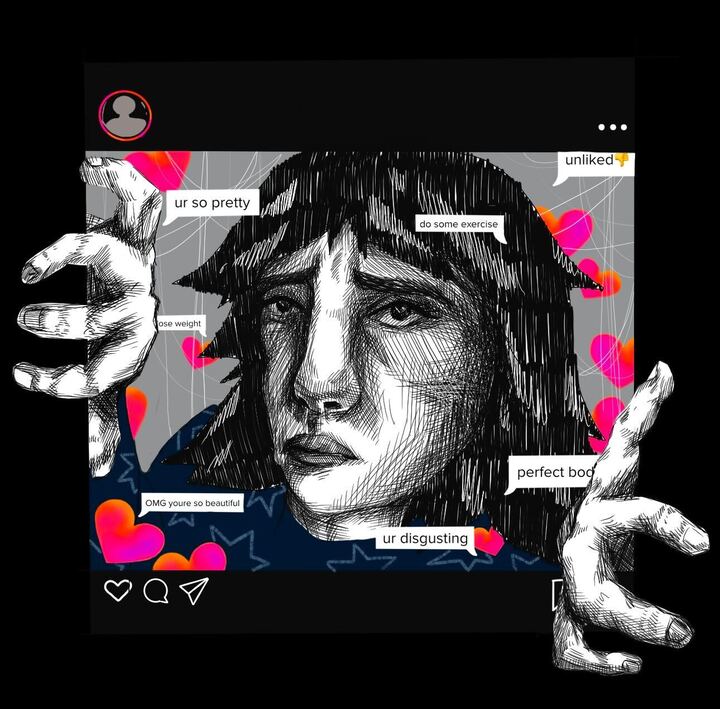By Hansook Oh
Ten years ago, the diamond industry went through massive changes when consumers in the west found out they were buying blood diamonds, which financed wars in Sierra Leone, Liberia and Angola.
Today, activists are raising awareness about conflict minerals in our cell phones, laptops and other gadgets, mined from the violent eastern front of the Democratic Republic of Congo.
According to the Enough Project, a non-profit organization focused on genocide prevention, most of our gadgets contain four compounds that directly tie us to the mines of eastern Congo—tin, tantalum, tungsten and gold. Militia groups make huge profits off of the land by forcing people to mine and by smuggling the compounds to neighboring countries for export.
They keep their power and control by mass-raping and mutilating women and girls.
According to the Enough Project, over five million people have died since 1998 in this conflict, the deadliest since World War II.
Having the right technological tools is very important to success as college students in the 21st century, and giving them up is almost impossible.
However, it is imperative that students, colleges and universities, huge consumers of electronics and lab technology, adopt policies that pressure tech companies to produce conflict free products.
These minerals are essential to our consumption of technology. Tantalum stores electricity in our gadgets, tungsten makes our phone vibrate, tin is used to solder circuit boards. Gold coats wiring and is the highest value metal inside every cell phone and laptop.
Companies who lobbied against the bill claimed that tracing minerals down to the mine is impossible. However, the Enough Project has broken down the process into six steps that directly connect our consumption to the mines in the Congo.
The first step takes place in the mineral rich mountains of the Congo where the International Peace Information Service found 200 mines.
They estimate that 50 percent of these mines are controlled by the Democratic Forces for the Liberation of Rwanda (FDLR) and Congolese soldiers, who force children to dig these mountains in unsafe working conditions.
In the second step, the minerals are transported to trading houses located in two major cities, Bukavu and Goma. Along the way, militia groups either steal a large percentage of the profit or tax the transporters up to $40 per sack of minerals.
Last year, the militia made $75 million alone from mineral transport.
The minerals get sorted at these trading houses, where exporters, paid in advance by international traders, buy the minerals with no system for checking where the minerals came from.
In the fourth step, exporters take the minerals to the neighboring countries of Rwanda, Uganda and Burundi. The military makes money from this trading process and secures the business.
The minerals then leave Africa and go to processing factories located mostly in East Asia, but also Germany, Austria and Russia. Materials from all over the world are mixed in and at this point, it becomes almost impossible to distinguish the tin or tantalum that came from the Congo.
The last step brings the smelted conflict minerals to the corporations, to the stores and into our hands. The factories sell the metals to manufacturers that make circuit boards, computer chips and hard drives, which the corporations buy and assemble into products put on the shelves.
Legislation passed last year by the White House has been the first step to ensure corporate responsibility and accountability. It requires tech companies and jewelers to trace their production line and make sure their products do not contain conflict minerals.
However, the bill does not contain a punishment for companies who find conflict minerals in their supply chain.
This is where we as consumers can pick up the slack.
Students and universities, like CSUN, can put pressure on companies to be responsible by maintaining a strict procurement policy. We should resolve to buy conflict-free when available and buy from companies who are actively pursuing a conflict-free supply chain.
The Enough Project ranks Dell, HP, Microsoft and now Apple as leaders of accountability in the industry and rank Canon, Sandisk and Sharp as the worst companies who have done nothing to become conflict-free. But no major companies are completely conflict-free.
If we exercise our power as consumers and pressure corporations to certify their products as conflict-free, that will create a domino effect all the way down the production chain to the mines in the DRC. Militia groups will lose business if no one wants to buy conflict products and will be forced to oblige to international humanitarian standards.
We can also pressure our tech suppliers to invest in the poverty and violence ridden communities of Eastern Congo, to help the underage miners, women and girls who have been raped and maimed by militia.
It is our responsibility to help create a world where technology helps us advance our lives, without inflicting violence and devastation on the lives of others.
For more information about the Congo or companies’ rankings, please visit www.raisehopeforcongo.org.





